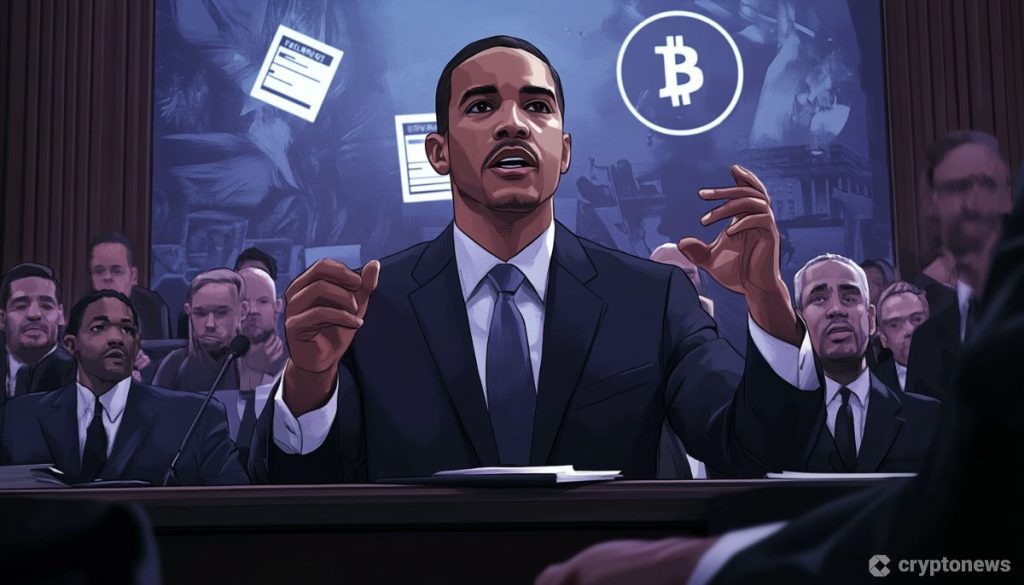In response to a recent court ruling that halted political prediction markets, Crypto-friendly lawmaker Rep. Ritchie Torres has called on the U.S. Commodity Futures Trading Commission (CFTC) to shift its focus toward regulating election markets. The appeal from the New York Democrat comes after a federal appeals court halted Kalshi’s political prediction markets following the CFTC’s request for an emergency stay. Judge Jia M. Cobb of the U.S. District Court for the District of Columbia ruled that the CFTC overstepped its authority in blocking Kalshi’s bid to offer contracts tied to U.S. elections. Torres is urging the CFTC to promote responsible innovation, regulate exchanges, protect consumers, and safeguard the integrity of elections from illegal and unregulated actors.
Torres highlighted concerns over unregulated exchanges that have hosted election markets for years and urged the CFTC to accept the court ruling and focus on ensuring election markets operate legally and securely. CFTC Chair Rostin Behnam has expressed concerns about the rapid growth of event markets, particularly those related to political events, which have increased in contract size since 2021. The CFTC had previously voted to propose rules prohibiting bets on political events as the 2024 elections approach. However, the CFTC has not yet responded to Torres’ letter or the recent court ruling.
Kalshi, a regulated event market, has paused its election-related contracts pending the ongoing legal process. Other platforms, such as Polymarket, remain unregulated in the U.S. CFTC Chair Behnam has warned of a significant uptick in event contracts and voted in May to propose rules banning political event bets. On September 12, a U.S. federal appeals court temporarily halted Kalshi’s political prediction markets following the CFTC’s emergency request. The CFTC argued that halting the contracts temporarily would minimize public harm, while Kalshi’s attorneys countered that elections don’t constitute “gaming” or “unlawful activity”.
The CFTC had previously lost its motion to prevent Kalshi from listing these markets while awaiting Judge Cobb’s full opinion. Once the opinion was published, Kalshi launched its contracts, prompting the CFTC to file an emergency motion to the appeals court. The appeals court granted the stay and ordered Kalshi to respond by Friday evening, with the CFTC given until Saturday evening to reply. The CFTC is also working on a broader rulemaking process aimed at banning political prediction markets in the U.S. due to concerns over potential election fraud. Rep. Torres emphasized the importance of allocating resources to regulated entities to ensure that election markets operate legally and securely.
In conclusion, the court ruling halting political prediction markets has sparked a debate on the regulation of election markets in the U.S. Crypto-friendly lawmaker Rep. Ritchie Torres has called on the CFTC to shift its focus toward regulating these markets to promote responsible innovation and protect consumers. The ongoing legal battle between Kalshi and the CFTC, along with the concerns raised by CFTC Chair Rostin Behnam about the rapid growth of event markets, highlights the need for clear regulations in this emerging sector. As the 2024 elections approach, the CFTC is facing challenges in addressing the increasing popularity of political prediction markets and ensuring the integrity of election-related contracts.


